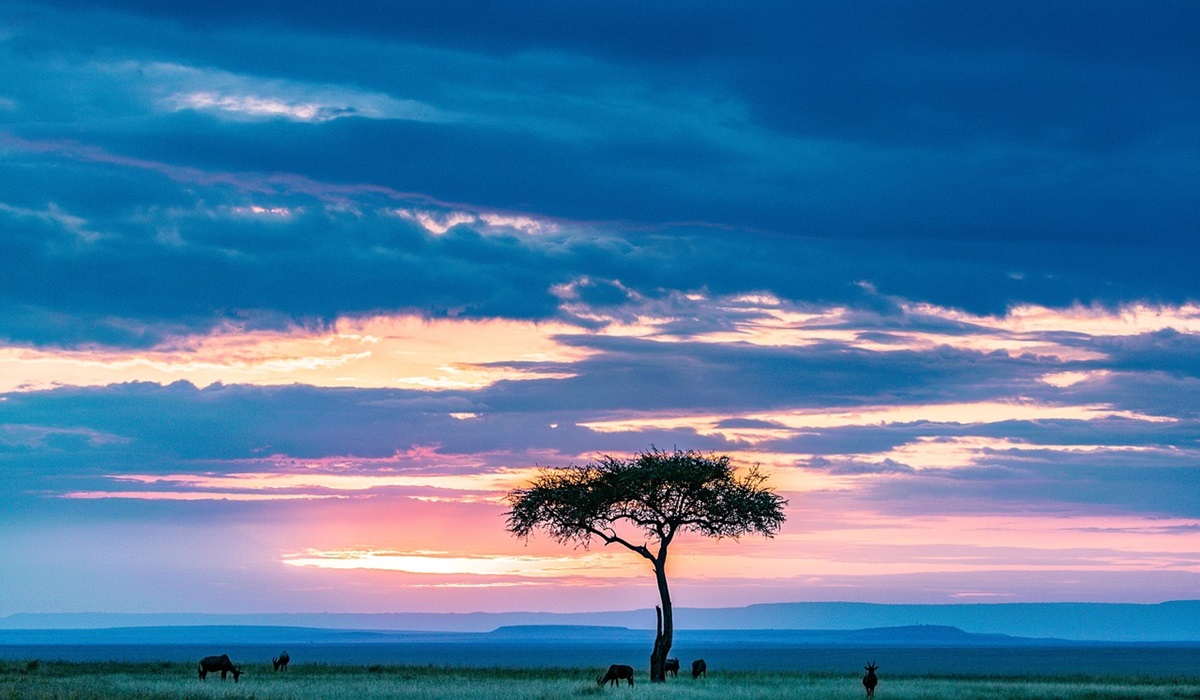Image Credit, Antony Trivet
The year is 2025. A seismic shift has occurred on the world stage. United by decades of perceived exploitation, unfair trade practices, and lingering colonial scars, the nations of Africa have taken an unprecedented step: imposing comprehensive economic sanctions on Western powers.
Imagine a scenario where years of simmering tensions reach boiling point. Perhaps it’s a Western intervention deemed neocolonial or an exploitative trade deal finally rejected by a united front. Whatever the catalyst, African nations, galvanized by a shared sense of injustice, come together. They leverage their collective economic and resource wealth to impose coordinated sanctions, targeting vital Western imports like oil, minerals, and agricultural goods.
The immediate impact on the West would be significant. Shortages of essential resources could cripple industries, leading to price hikes and economic instability. Energy costs would skyrocket, impacting everything from transportation to manufacturing. The lack of critical minerals would disrupt high-tech industries, potentially hindering communication and innovation.
The ripple effects wouldn’t be limited to the economic realm. The political landscape would be shaken, with public outcry directed towards leaders perceived as responsible for the crisis. The West’s global influence might wane as other powers like China, Russia, or emerging African economies fill the void.
Africa, however, wouldn’t be immune to challenges. Diversifying economies and finding alternative trade partners would be crucial. Internal cohesion would be tested, as individual nations might face pressure to break ranks. The West could retaliate with counter-sanctions, further complicating the situation.
The situation could escalate, leading to unintended consequences. Global supply chains could collapse, triggering a worldwide economic recession. Social unrest could erupt in both Africa and the West. Regional conflicts could flare up, fueled by competition for resources and power.
At some point, dialogue and compromise would become inevitable. Both sides would realize that prolonged conflict benefits no one. Negotiations would be complex, requiring a delicate balancing act between addressing historical grievances and securing future prosperity.
The outcome of such negotiations could reshape the global order. A more equitable distribution of resources and power might emerge. African nations could gain greater economic autonomy and influence on international affairs. The West might be forced to re-evaluate its foreign policy and trade practices.
This scenario, while hypothetical, serves as a reminder that the current global system isn’t static. Power dynamics shift and voices once unheard can rise to demand change. The potential for an African-led sanctions movement highlights the need for a more equitable and sustainable world order; one built on mutual respect and cooperation.









